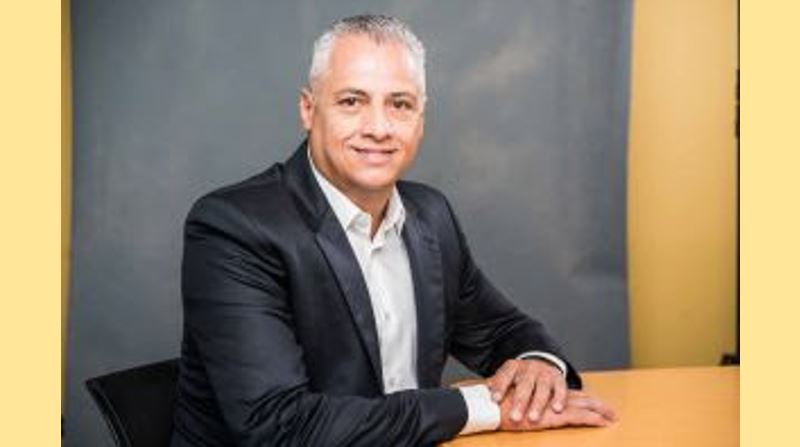 *By Claudio Maggieri
*By Claudio Maggieri
According to a Freshworks survey, which included the participation of 2,000 technology professionals, 86% report that their companies are already using Generative AI and 51% state that they are actively encouraged to use the tool at work.
It is a fact that Generative AI represents the most disruptive innovation in technology since the emergence of the internet. At our company we understand the great opportunity that new technologies like Generative AI can offer as we design and develop innovative solutions that meet the critical needs of our customers and associates. And, according to a study by Stanford University and the Massachusetts Institute of Technology (MIT), it can increase worker productivity by up to 14%. Newly hired employees who use technology of this type were able to carry out their 35% work faster, when compared to professionals who did not have this support.
It's not hard to see why Generative AI is making an impact, as some of today's most popular tools are free, easy to use, and affordable. Therefore, any professional with internet access can use them to complete tasks, be more creative, among others.
From a Human Resources perspective, it is estimated that the Generative AI market will be worth more than US$ 1.5 billion by 2032. The tool can help HR professionals be more creative, productive and, at the same time, comply with process compliance in an area of extreme complexity in companies, addressing challenging situations in the job market. Certainly, the integration of Generative AI with HR has demonstrated its effectiveness on several fronts. In addition to optimizing all human capital management processes, from recruitment to employee retirement, it also plays a facilitating role in analyzing and promoting salary equity, as well as promoting diversity and inclusion within companies' workforce.
On the other hand, the human factor is crucial in curation, and it is essential to ensure that the tool is used ethically, safely and appropriately. To this end, organizations are already developing guidelines to ensure that interactions with this technology are carried out within acceptable protocols.
And, we also understand that the tool should never be used without supervision. Ultimately, it is a human being who guarantees high quality of the services provided.
This can be proven in a contract, for example, where there is a risk that this technology will reach hasty conclusions. For example, if the last five successful candidates in the selection processes belong to a single ethnicity or a single gender, she may learn that this profile is the ideal candidate, creating a discriminatory action against people not represented in the selection process. sample.
Therefore, our company employs data scientists who “customize” AI algorithms to support teams in their various activities. Always with the purpose of ensuring that measures are taken to ensure efficiency and effectiveness in processes.
Thus, AI can not only help reduce unconscious bias, which is very typical of human beings, as it can be programmed to check hiring requirements, but also help correct salary inequalities.
We are closely monitoring future developments in technology, which promises to evolve towards a greater level of automation and unprecedented personalization.
*Claudio Maggieri is general manager for Latin America at ADP
Notice: The opinion presented in this article is the responsibility of its author and not of ABES - Brazilian Association of Software Companies













